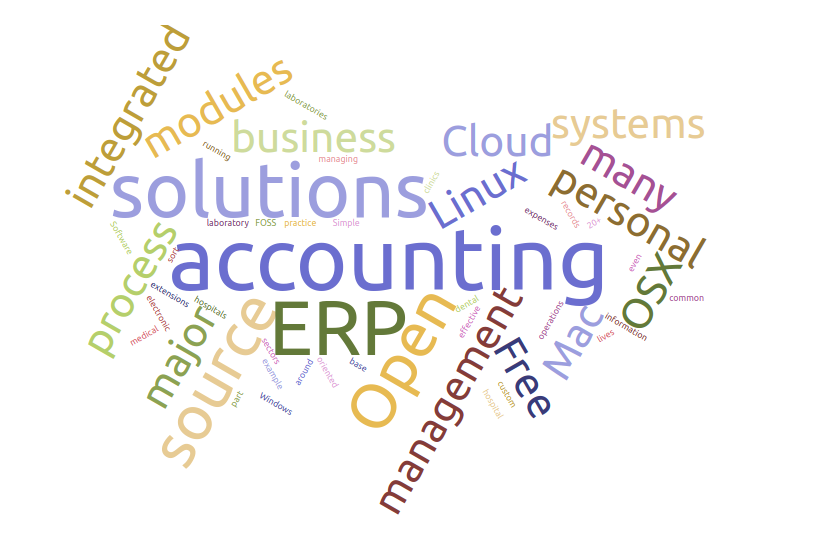15 Open Source Rescue Solutions For Companies Working Remotely under a Lockdown or Quarantine
Table of Content
The Covid-19 virus that has been spreading all around the world has forced people to stay in their homes. Unfortunately, this caused many businesses to stop functioning, as their employees can no longer reach their work office. What made things worse was that most companies weren't really ready to do a full technological transfer to remote work in such a short amount of time.
However, one will have to adapt to the new situation so that they don't get out of business. And to help you with the issue, we are here today to present some open-source solutions to help companies work remotely.
Why Depend on Open-Source Solutions?
- While open-source software can also be paid sometimes, the dominant majority of them are free of cost. This improves it for your business to use them because you can save tons of money.
- If you need support, you can either request premium support from the developers of that software or depend on the free community support, however you like.
- Open-source software are continuously developed by the larger community around it. It's not a single vendor that can simply take the code and disappear. In any case of inconvenience, you can fork the code and run your own in-house instances of these solutions.
List of Open-Source Solutions for Companies Working Remotely
Project and Task management
Project and task management solutions are an essential part of today's workflow, especially when remote employees are involved. Here is our top recommendations
1- LeanTime
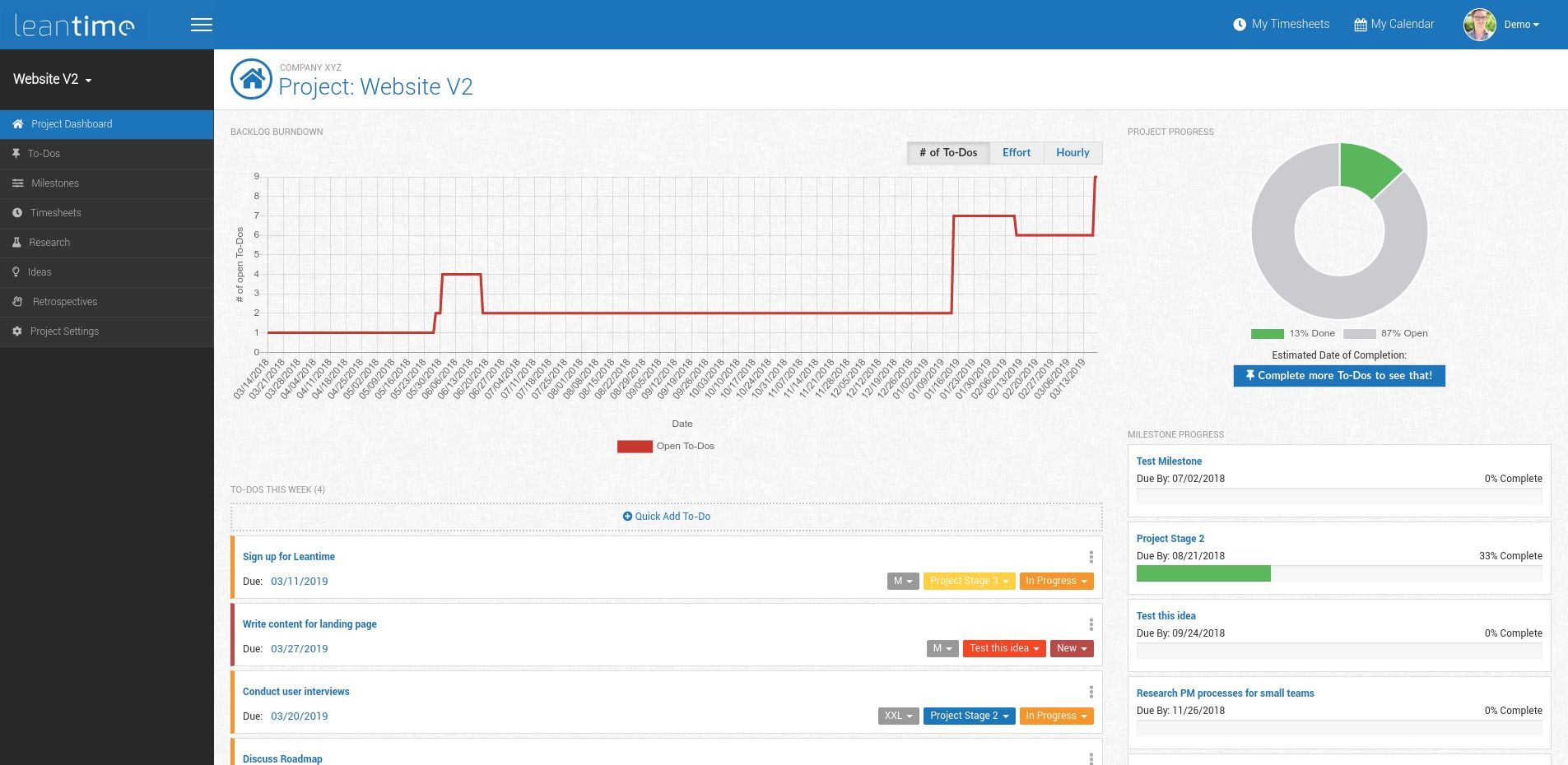
LeanTime: A complete open-source platform for project management. It is a web-based interface that mainly uses the Lean method for project management, and allows multiple teams to work together on multiple projects. Supports both Kanban & Gantt Charts agile methods too, and has a local file-sharing service if needed. Written in PHP with MySQL.
We have provided a comprehensive review for LeanTime, we recommend you to read it as it include all of its features and tech specifications.
2- OpenProject
OpenProject: Another more advanced project management tool that supports Kanban, Scrum and Gantt Charts. It has built-in modules for wiki system, time & cost reporting, bug tracking, roadmaps, forums and much more. It is written in the Ruby language.
3- Zento
Zentao: Mainly built for the Scrum agile method. It has built-in integration with Git and SVN source code management systems, and can import data from Microsoft Word and Excel. Usually suitable for SMBs. Its web interface is very beautiful and organized, written in PHP.
If you want more options we have written this article for you: Top 14 FREE and Open-Source Project Management Systems.
Communication
Seamless communication channels between team members are a necessary for smooth workflow.
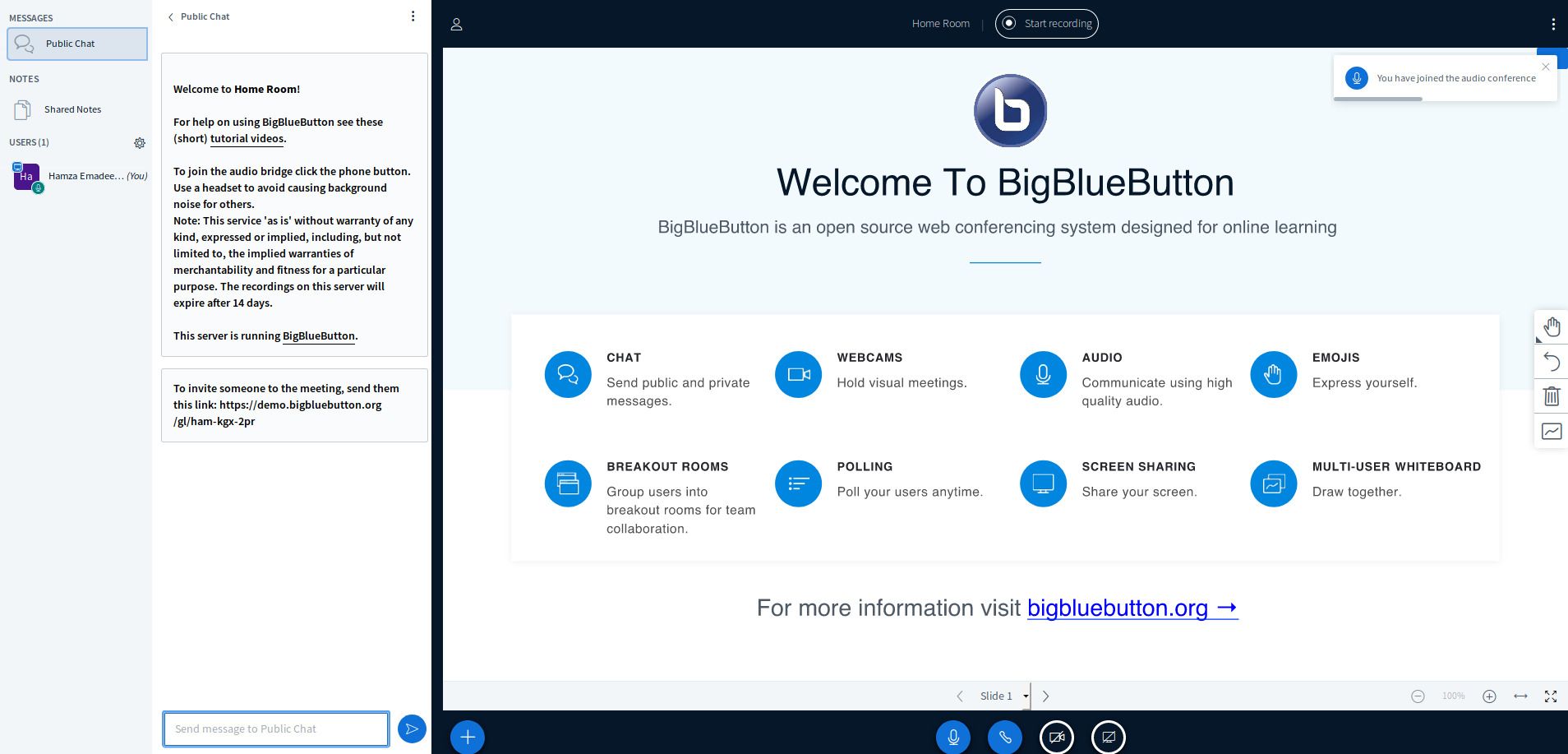
- BigBlueButton: Mainly built for educational institutions that employ distance learning, but can be used by your company nonetheless as a web conferencing tool. It allows a host to control "rooms" which are sessions shared between multiple people, and the host can share slides/videos/screen/quizzes with members who are attending. It has real-time video/audio/chat support, beside webcams support.
- RocketChat: An open-source communication platform similar to Slack; It has a very similar user interface to it and supports most of the same features (Direct messages and channels, mentions, file-sharing, hashtags & searches and more). It can be extended by a large system of themes, integrations and extensions too.
- Jitsi: Cross-platform web conferencing software. It doesn't support many features like the other tools, but can be considered a very nice alternative to Skype. It supports file-sharing, screen-sharing and real-time video/audio calls. Available on most desktop and mobile platforms.
Read more:
- Top 12 Open-source Messengers with End-to-end Encryption
- Top 15 Open source Video conference and Team Communication Solutions for Windows, Linux, Mac OSX and Phones
File transfer & Document sharing
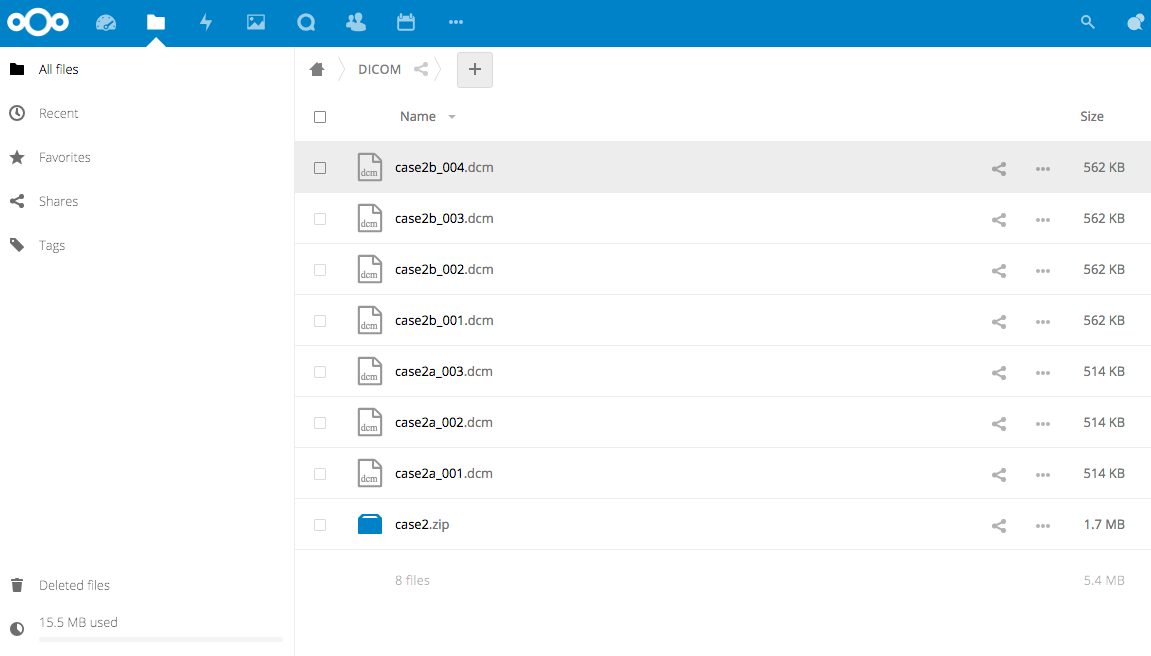
- Nextcloud: A self-hosted open source file-sharing tool. It actually can be used for many other purposes, such as a calendar service, email service, team management service and much more. But using it as a file-sharing platform between teams is a very common use case. It is compatible intentionally with GDPR & HIPAA.
- Pydio: An enterprise-grade file sharing service. Supports implementing many high-profile policies, logging features, encryption and storage methods, deployment on many servers and clusters, beside many other advanced features. It has two editions: An open-source one and a premium enterprise one.
- FileRun: A simple open-source web interface for document & file-sharing. Simply upload your documents and choose with whom do you want to share them. Can be installed on Windows, macOS and Linux instances, and has many integrations with the famous online documents platform (MS Office, Zoho, Google Docs.. etc).
We have written a rich-list about this category you can read about it more in these articles:
Accounting
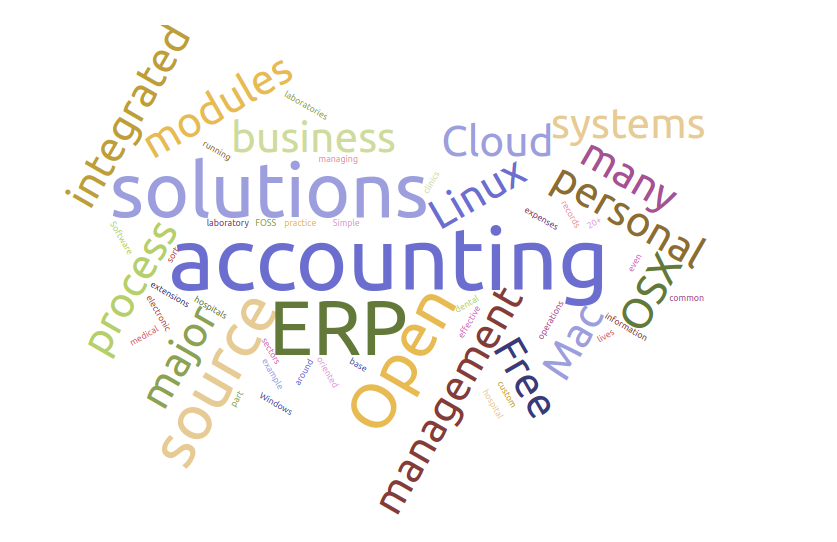
Under the lockdown and quarantine even accountants stay home, but they can proceed with their job if they have a self-hosted cloud reliable accounting solution, here is our recommendations
- Odoo Accounting: Part of the famous open-source ERP Odoo system. This module will allow your business to do all its accounting tasks in one place. Supports online invoices, payments, reports and all the basic accounting things needed by any SMB.
- GNUCash: Part of the GNU project, and works on Windows, macOS and Linux systems. GNUCash is a simple desktop graphical program for managing the accounting and finances of your small business. Can even be used for personal finance management if you want.
- TurboCASH: A simple cross-platform application for managing your accounting. Its interface is very classic, and the premium version of it has way more features than the free open-source one, but the latter may be enough for you if you are looking for a small & easy accounting software.
For more open-source accounting solutions, please refer to this article:
Remote Desktop Sharing
Many open-source remote desktop applications exist:
- Remmina: Works only on Linux (but can access any remote host of any type). It supports the RDP, VNC, NX, and SSH protocols for doing remote-desktop. Its user interface is quite straightforward and simple. Completely free and open source. It is available in the repositories of most Linux distributions and comes in Snap & Flatpak formats too.
- Apache Guacamole: This software depends on you first to install a server-side piece of it on the machines you want to remotely access, and then, you can access them anytime you want using any web browser, as you do not need a special client to access the remote hosts you have. It also offers a complete documented API.
- FreeRDP: A cross-platform application for accessing remote hosts using the RDP protocol. It supports connecting your RDP hosts to a virtual machine (E.g. VirtualBox) to manage it from their more properly. It focuses on performance too, and can even be used for gaming or multimedia streaming.
Conclusion
So, this is the end of our lists for the most recommended open-source solutions for companies switching to remote work. Of course, there are many other open-source programs in each category, but we only mentioned what is generally sufficient for most use-cases.
If you have any addition, we would love to have it in message.

